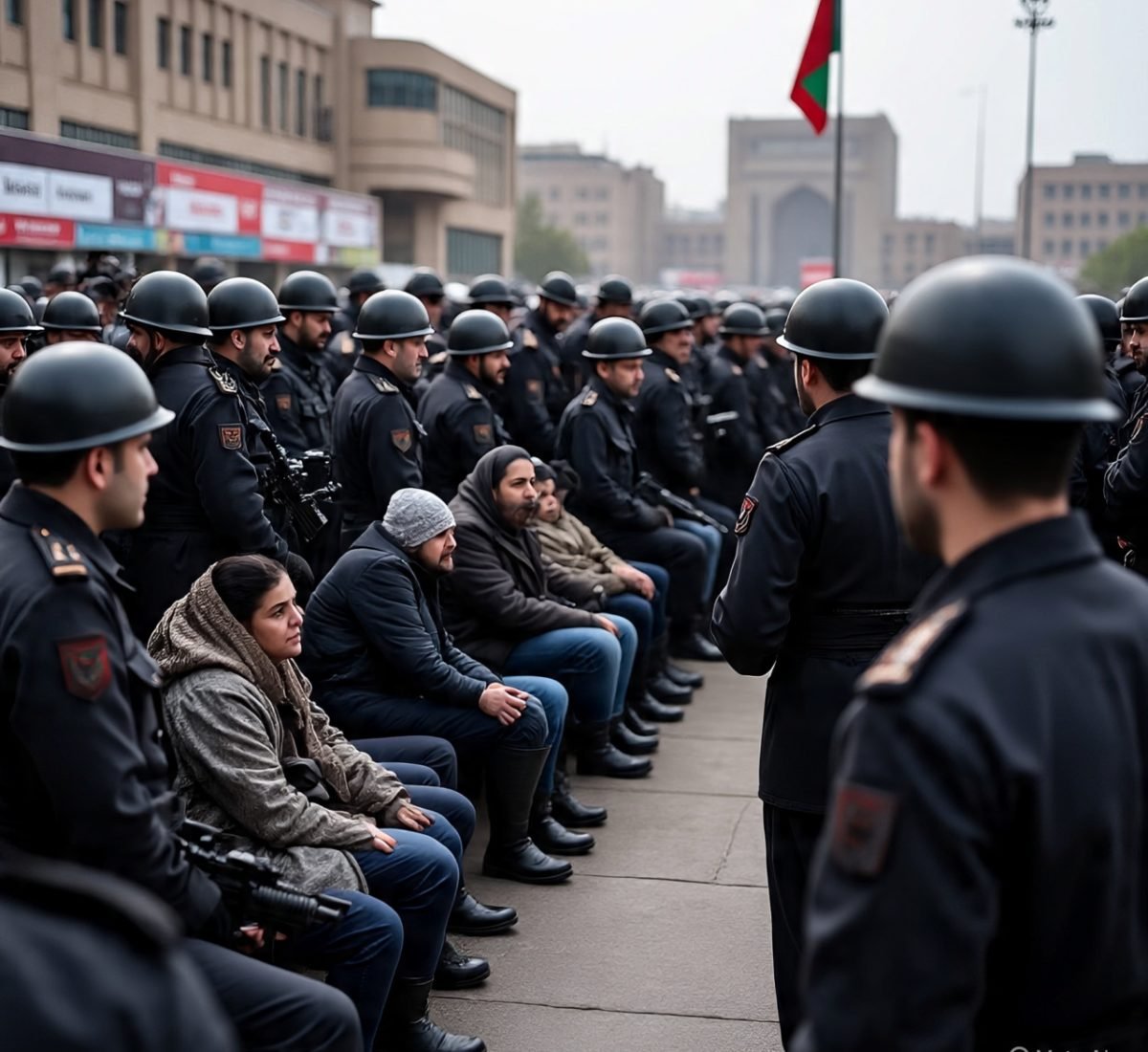Iran conducts mass arrests, executions following conflict with Israel

In the wake of a 12-day armed conflict with Israel, Iranian authorities have launched a sweeping and severe crackdown on suspected dissidents and alleged collaborators with foreign intelligence agencies. The crackdown, which has included mass arrests, public confessions, and multiple executions, has raised serious concerns among international observers and human rights groups.
Iranian officials claim the campaign is a direct response to what they describe as an unprecedented infiltration of Israeli operatives into the country. According to state sources, intelligence leaked to Israel during the conflict may have aided targeted assassinations of high-ranking Islamic Revolutionary Guard Corps (IRGC) members and nuclear scientists. Iran attributes these killings to Israel’s intelligence agency, Mossad, operating inside its borders.
In response, Iranian authorities have arrested hundreds of individuals accused of espionage and ties to foreign intelligence services, including Mossad, the CIA, and Britain’s MI6. The Ministry of Intelligence has described the arrests as a necessary defensive measure to protect national security. However, critics argue the operation is being used to tighten political control and silence dissenting voices.
During the conflict, at least six individuals were executed for alleged espionage. Three were executed before the ceasefire and three immediately afterward, marking a rapid and alarming escalation in the government’s punitive measures. State television later broadcast videos showing alleged confessions by some of the detainees, a practice widely criticized by rights groups for its coercive nature.
Human rights organizations have drawn attention to Iran’s history of forced confessions and the use of torture during interrogations. They warn that many of the detainees could be at imminent risk of execution, given the opaque nature of Iran’s judicial system and its record of secretive trials.
Iranian authorities claim that the crackdown has uncovered a vast network of foreign espionage. Fars News Agency, aligned with the IRGC, reported that over 700 individuals were arrested during the conflict, allegedly tied to Israeli intelligence activities that intensified after the Israeli military campaign began on 13 June.
Beyond direct arrests, the Ministry of Intelligence has taken further steps to deter any perceived association with foreign or opposition-linked media. Numerous Iranians have reported receiving threatening messages warning them to avoid social media channels associated with Israel or risk prosecution. These warnings were delivered via text messages, referencing phone numbers allegedly found on opposition pages.
Simultaneously, the Iranian government has intensified pressure on exiled Persian-language media outlets such as Iran International and Manoto TV. Families of journalists working abroad have been harassed, detained, or used as leverage to force resignations. In one instance, the family members of a female presenter at Iran International were detained and forced to contact her, demanding she leave her job or face grave consequences. Similar tactics have been reported by journalists affiliated with BBC Persian.
Security officials have labeled some media workers and journalists as “mohareb” — or “enemies of God” — a charge that can carry the death penalty. Legal experts warn that such accusations, often based on vague or political criteria, are being used to justify broader suppression of free expression.
The crackdown has also extended to the arts and civil society. Dozens of writers, artists, and activists have reportedly been detained, many without formal charges. Some of those targeted are relatives of individuals killed during the 2022 “Woman, Life, Freedom” protests, suggesting that the government is seeking to suppress both current activism and historical dissent.
Internet access remains heavily restricted, and social media platforms continue to be blocked — a long-standing feature of Iran’s tightly controlled information environment. During the conflict, connectivity was further curtailed, hampering communication and access to independent news.
Human rights advocates have drawn comparisons between the current crackdown and the brutal repression of the 1980s, particularly the mass executions of political prisoners in 1988. In that event, thousands of detainees were executed following secret trials, a chapter widely condemned by international observers.
With tensions still high and no signs of de-escalation, many fear Iran is returning to an era of state-led repression, using fear, censorship, and brute force to maintain control amid rising domestic and international pressures.
